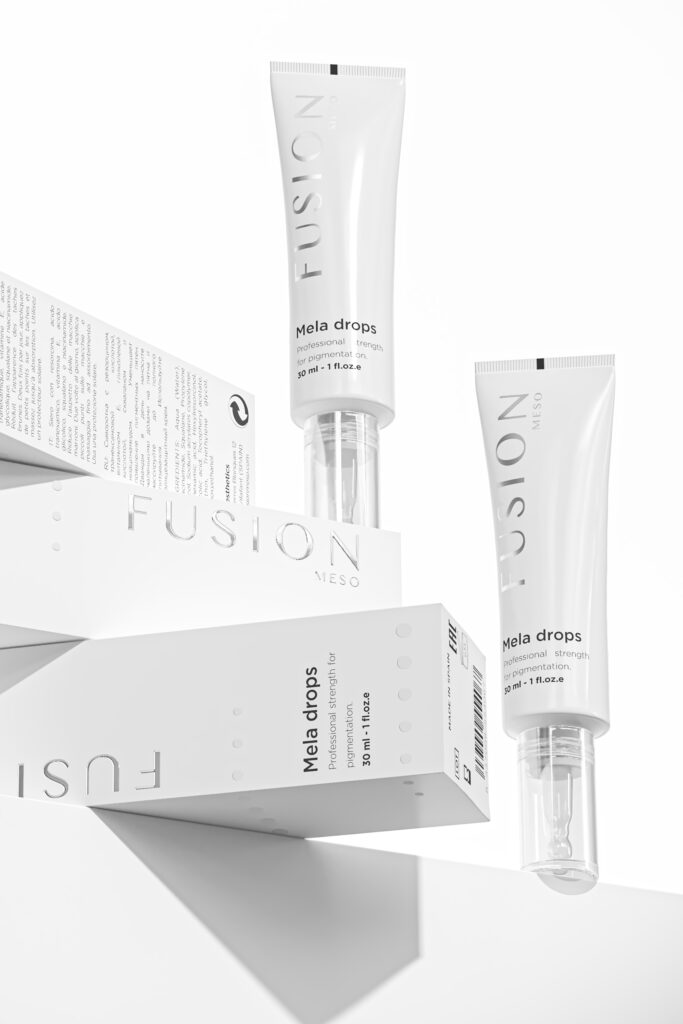Ceramides, alongside Vitamin F, are key lipids in the skin’s protective barrier, playing a pivotal role in maintaining skin health, appearance, and function. These components are essential in skincare formulations focused on repairing, maintaining, and enhancing the skin’s protective layer. This article explores the critical roles of ceramids and vitamin F in skincare and how they support a healthy complexion.
Ceramides: The Skin’s Natural Protectors
Ceramides are a family of waxy lipid molecules naturally found within the skin’s outer layer. They are key components of the lipid layer that help to retain moisture and protect against environmental aggressors.
1. Barrier Function:
Ceramides form a critical part of the skin’s barrier, helping to prevent moisture loss and shield the skin from irritants. Without an adequate supply of ceramides, the skin can become dry, itchy, and prone to irritation and inflammation.
2. Hydration Retention:
By maintaining the skin’s barrier integrity, ceramides play a vital role in keeping the skin hydrated. They prevent transepidermal water loss (TEWL), which can lead to dryness and dehydration.
3. Skin Repair:
Ceramides are particularly beneficial in repairing the skin’s natural barrier. They are often included in products designed for dry, damaged, or mature skin to help restore its natural protective functions.
4. Anti-Aging Properties:
As we age, natural ceramide levels drop, making the skin more susceptible to the signs of aging such as wrinkles and sagging. Topically applied ceramides can help replenish these essential lipids, aiding in the skin’s natural renewal process.
Vitamin F: Essential Fatty Acids for Skin Health
Vitamin F is not a single vitamin but a term used to describe two essential fatty acids: linoleic acid (LA) and alpha-linolenic acid (ALA). These are termed “essential” because the body cannot synthesize them; they must be obtained through diet or topical application.
1. Moisture and Flexibility:
Vitamin F components contribute to the skin’s natural oils, known as sebum. They enhance the skin’s moisture levels and flexibility, preventing dryness and keeping the skin supple.
2. Inflammation Reduction:
Essential fatty acids have anti-inflammatory properties, making vitamin F an excellent ingredient for calming irritated skin and reducing redness associated with various skin conditions.
3. Support of Skin Barrier:
Vitamin F plays a role in maintaining the integrity of the skin barrier, crucial in protecting against environmental damage and maintaining hydration.
4. Synergy with Other Lipids:
When combined with other lipids like ceramides, vitamin F can support skin barrier function and overall skin health.
Integrating Ceramides and Vitamin F into Your Skincare Routine
Opt for moisturizers, serums, and targeted treatments that list ceramides and essential fatty acids among their ingredients. These are often formulated to support barrier repair and enhance skin hydration.
Balanced Application:
While it’s important to replenish lipids in the skin, balance is key. Overuse of lipid-rich products can lead to breakouts in those with oily or acne-prone skin.
Consistent Use:
For best results, integrate these ingredients into your regular skincare routine. Consistent use over time can lead to significant improvements in skin barrier function and overall appearance.
Ceramides and vitamin F are foundational components of the skin’s lipid matrix and play an important role in maintaining skin health. Their inclusion in skin care products can help improve hydration, barrier function and skin texture, along with reducing signs of aging and inflammation. For people with dry, sensitive or mature skin, products containing these essential lipids may be especially beneficial. Understanding and leveraging the power of ceramides and vitamin F can result in healthier, more resilient, and more youthful-looking skin.


